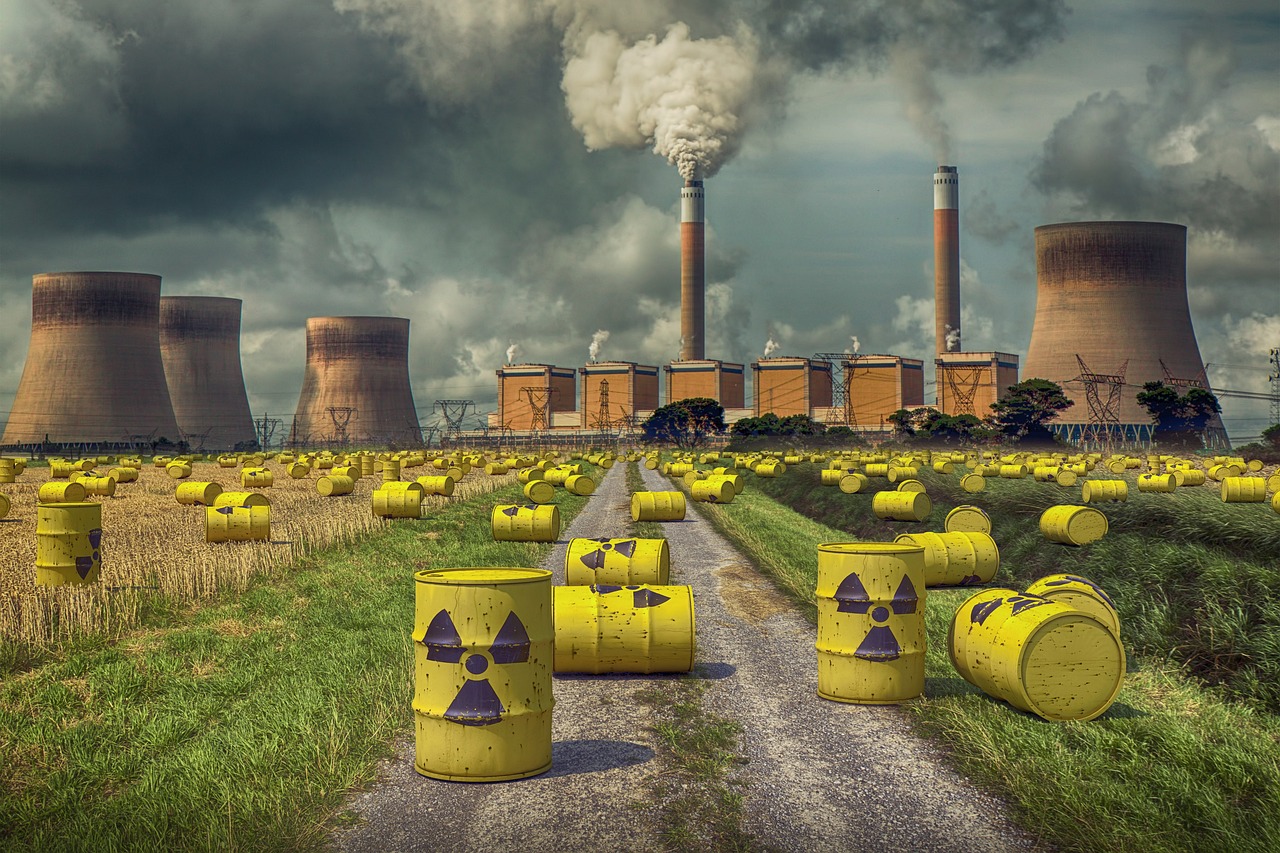
Hungary’s nuclear deal with Russia, involving the expansion of the Paks nuclear power plant, is a subject of significant discussion and debate, particularly regarding the balancing act between energy security and political sovereignty. This deal, inked with Russia’s state-owned nuclear energy company Rosatom, entails the construction of new reactors and is one of Central and Eastern Europe’s (CEE) most significant energy projects. However, it has also raised concerns about Hungary’s energy dependence on Russia and the broader implications for the country’s political autonomy and regional geopolitics.
The Paks nuclear power plant, which provides around half of Hungary’s electricity, is set to receive two new reactors under this deal. The Hungarian government argues that this expansion is crucial for ensuring the country’s long-term energy security. Nuclear energy, seen as a low-carbon and reliable source of power, is central to Hungary’s strategy to reduce its carbon emissions and reliance on fossil fuels, particularly coal.
However, the decision to partner with Russia for the expansion has prompted concerns over political sovereignty and energy independence. Critics argue that the deal increases Hungary’s reliance on Russia, a country that has previously used energy supplies as a tool of political influence in the region. This dependency is viewed as a potential leverage point that could be used to exert political pressure on Hungary, thereby impacting its decision-making autonomy.
Moreover, the financing arrangement for the project has also drawn scrutiny. The expansion is being funded by a substantial loan from Russia, leading to questions about the long-term economic viability and financial independence of Hungary’s energy sector. The opacity surrounding the deal’s terms and conditions has further fuelled concerns about transparency and accountability.
The Paks deal also has broader implications for the EU, of which Hungary is a member. The EU is striving for energy diversification and reducing dependency on Russian energy sources. Hungary’s move, therefore, is seen by some as contrary to the collective energy and security policy goals of the EU. It also highlights the challenges the EU faces in formulating a cohesive energy policy, given the varied interests and dependencies of its member states.
Conversely, supporters of the deal argue that expanding nuclear capacity is a pragmatic choice for Hungary, providing a stable and independent energy source that helps reduce carbon emissions. They point out that nuclear energy offers a more reliable alternative to renewable sources, which can be intermittent, and argue that the deal is a matter of national interest, aimed at securing Hungary’s energy future.
In conclusion, Hungary’s nuclear deal with Russia represents a complex interplay between the pursuit of energy security and the implications for political sovereignty. While it addresses immediate energy needs and environmental concerns, the long-term geopolitical and financial impacts of increased dependency on Russia remain a matter of considerable debate. As Hungary navigates these challenges, the deal’s outcomes will likely have significant implications for the country’s energy landscape and its position within the broader European and international geopolitical context.






